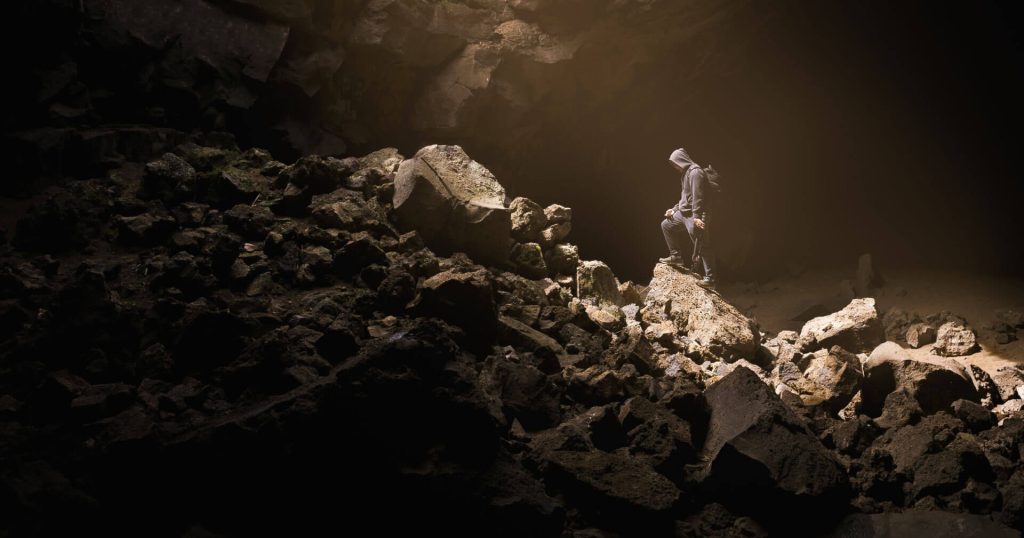Five mistakes to avoid making in the RACGP Clinical Competency Exam (CCE)

After each exam cycle and once results have been released, the Royal Australian College of General Practitioners (RACGP) publishes a report outlining exam psychometrics (e.g., mean and standard deviation of the candidate cohort) and feedback to candidates regarding common candidate pitfalls. Reviewing past exam reports is a very important, but often overlooked, part of Clinical Competency Exam (CCE) preparation for prospective candidates. The exam reports allow you to see the breadth of cases and topics that can be potentially examined in the CCE, in addition to common mistakes made by previous candidates. You can access past exam reports here on the RACGP website.
According to the RACGP exam reports, the top mistakes made in the last few clinical Fellowship exams (which includes the previous OSCE and RCE formats) have included:
1. Candidates did not practice.
The RACGP’s feedback in relation to previous clinical exams is that if you want to pass, you need to practice! This will be no different for the upcoming CCE. Arrange for a colleague, supervisor or medical educator to observe your performance and then ask them for their honest feedback. This feedback needs to be specific and individualised, so that you are aware of both your strengths and areas that require additional work. Physically role-playing and answering potential CCE-type questions makes it easier to translate and perfect your exam performance. It also helps with your time management on exam day, as you become familiar with what you can achieve in a 15-minute period of time.
According to the RACGP’s exam reports, practice exams can give an indication of whether a candidate is likely to pass or not, and they highly recommend attending exam preparation workshops and completing practice exams.
2. Candidates didn’t read the instructions properly.
CCE stations have individualised rating criteria that will correspond to the tasks outlined in the candidate instructions. Examiners will rate candidates on specific competencies. It is easy when stressed or anxious to skim read and/or make assumptions about what is required in a station. However, feedback from past examiners to candidates was to read the instructions carefully and understand the required tasks in each case. The importance of carefully reading what is required in each station cannot be emphasised enough. For example, if the case instructions ask you to explain a management plan to a patient and you start taking further history (which was not a prescribed task requirement), you will not score marks for this and will waste precious time in the station.
3. Candidates underperformed in key general practice competencies.
In previous clinical exams, the RACGP have reported that several candidates underperformed in key general practice competencies, such as those of history-taking and management. Using a scattergun approach, rather than a structured approach to history-taking, physical examination, investigations and management, is a common issue. Underperformance in key competencies can lead to errors in the selection of initial investigations, as well as formulation of provisional and differential diagnoses, likely resulting in sub-optimal ratings for the station. Remember, these competencies assist you to piece together a puzzle that you are trying to decipher. The questions you ask in your history-taking can lead you down the wrong path if you don’t carefully consider what you are asking and why.
4. Candidates didn’t exhibit a ‘whole-of-patient’ approach.
Although the tasks within each case will likely be specific for each station, candidates will be expected to exhibit a ‘whole-of-patient’ approach by demonstrating core general practice skills and using a biopsychosocial framework. Familiarisation with the RACGP curriculum as well as the Domains of General Practice, will help you understand this ‘whole-of-patient’ approach and how to demonstrate it to the examiners.
This is key in optimising your marks at each station. For example, when treating a patient with a sexually transmitted infection, you may need to consider pharmacological management, non-pharmacological and preventative health advice and medicolegal and public health aspects, such as contact tracing and mandatory reporting. You will also need to display a patient-centered, empathetic and non-judgmental approach. Always aim to think broadly when managing each patient and consider the patient within their context.
5. Candidates were unprepared for the remote delivery of the exam
The CCE is currently delivered entirely in an online format using the Zoom platform. It is important that candidates practice using this platform with colleagues or peers to prepare themselves for the real exam. Ensure that you have adequate camera and audio functionality, that you have tested your internet speed prior to exam day, and that you are confident using the remote-control function of Zoom whilst managing on-screen documents (e.g., scrolling through information during reading time).
Good luck!
The CCE is designed to assess how a candidate integrates their applied knowledge and clinical reasoning in a range of clinical scenarios by demonstrating their clinical and communication skills and professional attitudes. To boost your marks and exam confidence, why not consider enrolling in one of our Dr CCE preparation programs? These programs provide access to practice CCE cases, small group mock exams, group webinars and even 1:1 personalised CCE sessions with experienced medical educators.
Reference:
- The Royal Australian College of General Practitioners. RACGP Education: Exam report 2021.1 CCE. East Melbourne, Vic: RACGP, 2021.